Zero Hunger | Zero Waste
Did you know nearly 1/3 of food produced in the U.S. is thrown away?
That equals approximately 74 million tons of surplus available food goes unsold or uneaten every year. At the same time, more than 44 million Americans – one in seven – struggle with hunger. This just doesn’t make sense.
Zero Hunger | Zero Waste
Did you know nearly 1/3 of food produced in the U.S. is thrown away?
That equals approximately 74 million tons of surplus available food goes unsold or uneaten every year. At the same time, more than 44 million Americans – one in seven – struggle with hunger. This just doesn’t make sense.
Let's change those numbers
Kroger’s Zero Hunger | Waste impact plan is our mission to end hunger and waste in our local communities and make sure more fresh, nutritious food achieves its highest purpose: feeding people. We do this by focusing on making quality food more affordable and accessible to everyone, donating more meals to nourish families, and encouraging our associates, customers and neighbors to join our journey.
What We Do
Offer Affordable Fresh Food
We offer low grocery prices and convenient ways to shop through our neighborhood stores and online ordering options, plus affordable Boost by Kroger membership options for even more savings on delivery fees and fuel.
Conserve Resources
We reduce energy use, emissions and waste in our operations for a cleaner, healthier planet. We focus on improving how our facilities manage fresh food to extend shelf life for our customers’ and reduce wasted food across our company.
Donate Nourishing Meals
We donate fresh food and charitable funds to local hunger relief agencies to feed and nourish people in our communities. Since introducing Zero Hunger | Zero Waste, we’ve donated 3.9 billion meals to our communities in food and funds.
Zero Hunger | Zero Waste Milestones
Direct 3B meals to our communities by 2025
Show Progress
Achieved 3.9B meals to date (food + funds)
Align more giving to Zero Hunger | Zero Waste plan
Show Progress
$1.8B in strategic giving to feed more people in our communities
Rescue more surplus fresh food from stores for donation
Show Progress
815M pounds rescued to date; 100% of stores are actively donating food
Achieve zero operational waste (90%+) and 95% food waste diversion in stores by 2025
Show Progress
85% total waste diversion; 58% food waste diversion from landfills in stores
Expand food waste recycling
Show Progress
97% of retail stores are actively recycling food waste through animal feed, composting or anaerobic digestion
The Kroger Co. Zero Hunger | Zero Waste Foundation
We established The Kroger Co. Zero Hunger | Zero Waste Foundation to align charitable giving to accelerate our impact plan. The foundation is a nonprofit public charity that aims to improve food security and reduce waste in our communities.
To date, the foundation has directed more than $70 million to national and local organizations and changemakers helping end hunger and waste.
The Kroger Co. Zero Hunger | Zero Waste Foundation
We established The Kroger Co. Zero Hunger | Zero Waste Foundation to align charitable giving to accelerate our impact plan. The foundation is a nonprofit public charity that aims to improve food security and reduce waste in our communities.
To date, the foundation has directed more than $70 million to national and local organizations and changemakers helping end hunger and waste.











